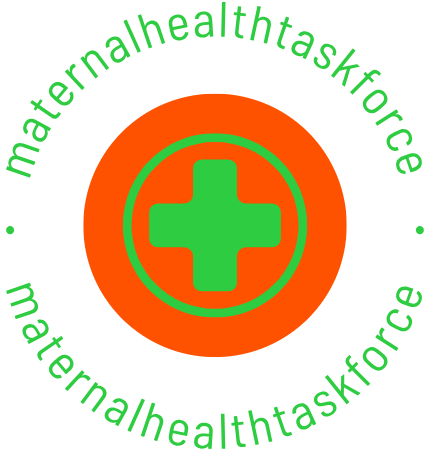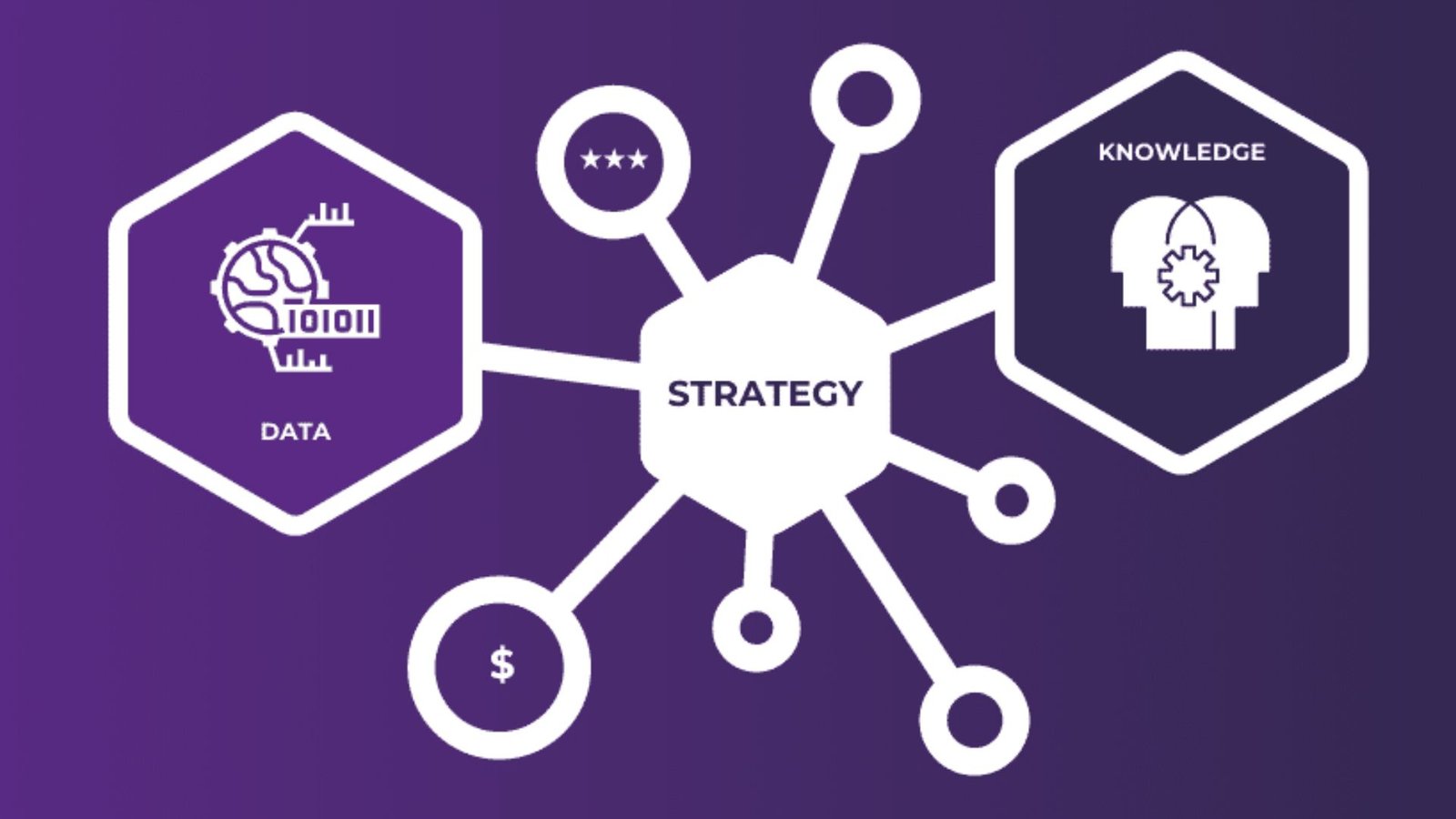Measuring the effectiveness of knowledge management (KM) is crucial for any organization aiming to leverage its collective intelligence. Effective KM ensures that the right information reaches the right people at the right time, enhancing decision-making and fostering innovation. This post explores various strategies to assess how well your knowledge management practices are working.

Understanding Knowledge Management Effectiveness
Knowledge management effectiveness refers to how well an organization captures, shares, and utilizes knowledge to achieve its goals. It encompasses various aspects, including accessibility, relevance, and the impact of knowledge on organizational performance. By measuring these elements, organizations can identify strengths and areas for improvement.
Key Metrics for Evaluating KM
To effectively measure KM, organizations should focus on both qualitative and quantitative metrics. Quantitative metrics may include the number of knowledge assets created, frequency of knowledge usage, and reduction in time spent searching for information. Qualitative metrics involve assessing user satisfaction, the relevance of knowledge shared, and the perceived impact of knowledge on decision-making.
Surveys and Feedback Mechanisms
Surveys are an effective tool for gathering insights on the effectiveness of KM practices. Organizations can design surveys to assess user satisfaction with knowledge resources, ease of access, and the perceived value of shared knowledge. Additionally, implementing regular feedback mechanisms allows employees to share their thoughts on KM practices, helping organizations adjust strategies as needed.
Analyzing Knowledge Flow
Understanding how knowledge flows within an organization is vital for measuring KM effectiveness. Mapping knowledge flow can help identify bottlenecks, gaps, or redundancies in the system. Analyzing this flow ensures that knowledge moves efficiently, maximizing its utility. Tools like knowledge maps and flowcharts can visually represent how information circulates within the organization.
Evaluating Impact on Performance
To truly gauge the effectiveness of KM, organizations must link knowledge initiatives to performance outcomes. This can involve measuring changes in productivity, efficiency, or innovation rates following the implementation of KM strategies. By correlating KM efforts with tangible performance metrics, organizations can clearly demonstrate the value of their knowledge management practices.
Utilizing Technology for Measurement
Modern technology plays a pivotal role in measuring KM effectiveness. Knowledge management systems (KMS) often include built-in analytics that track user interactions and knowledge utilization. Leveraging these analytics provides organizations with real-time data on how knowledge is accessed and applied. Additionally, utilizing business intelligence tools can enhance the analysis of KM data, revealing trends and insights.
Conducting Regular Reviews
Regular reviews of KM practices help organizations remain agile and responsive to changing needs. Establishing a routine for evaluating KM strategies ensures that they evolve alongside organizational goals. During these reviews, organizations should assess metrics, gather employee feedback, and identify new opportunities for improvement.
Leadership’s Role in KM Measurement
Leadership plays a crucial role in the measurement and enhancement of KM effectiveness. When leaders prioritize KM initiatives, they signal their importance to the organization. Encouraging a culture of knowledge-sharing and transparency fosters an environment where employees feel empowered to contribute and provide feedback. Leaders should actively participate in KM initiatives, modelling the behaviours they wish to see in their teams.
Conclusion
Measuring the effectiveness of knowledge systems is essential for optimizing organizational performance. By utilizing a combination of metrics, surveys, technology, and regular reviews, organizations can gain valuable insights into their KM practices. Ultimately, a well-measured and continuously improved KM system enhances decision-making, fosters innovation, and drives organizational success.









